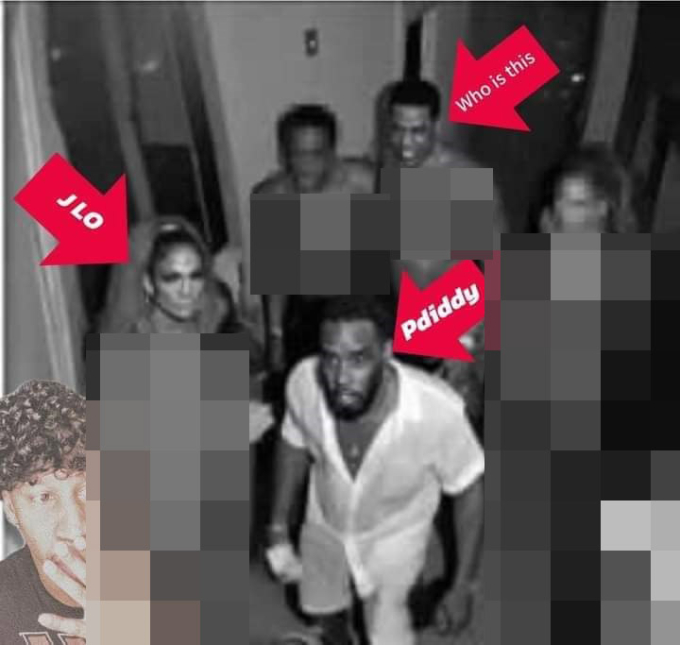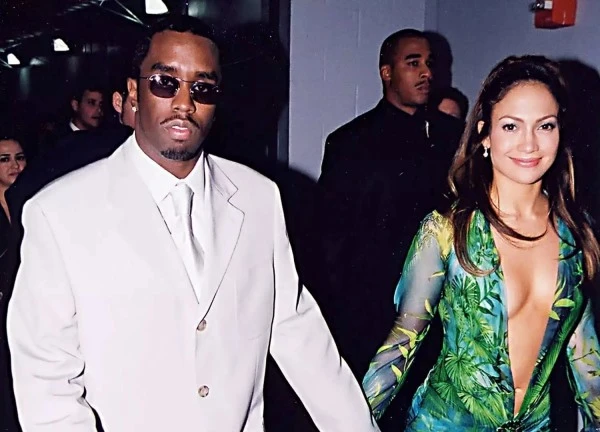Diddy’s Legal Troubles: The Unraveling of a Hip-Hop Empire
The unfolding saga of Sean “Diddy” Combs has captivated the public’s attention, drawing parallels to high-profile scandals of the past, particularly the Jeffrey Epstein case. Recent allegations against Diddy have sparked a firestorm of conspiracy theories, legal battles, and questions about the extent of his alleged misconduct. The rapper’s situation took a dramatic turn on March 25, when the Department of Homeland Security executed raids on his properties in Miami and Los Angeles. Diddy has since been held at the Metropolitan Detention Center, facing multiple charges, including trafficking and misconduct, as he continues to maintain his innocence.

Prominent figures in the media, like Joe Rogan, have amplified speculation surrounding Diddy’s legal issues. During a recent episode of “The Joe Rogan Experience,” Rogan and comedian Andrew Schulz delved into the notion that the federal investigation is less about Diddy himself and more about protecting powerful individuals who may have frequented his gatherings. Schulz proposed a theory that the authorities were not there to collect evidence but to eliminate any incriminating tapes that could implicate high-profile celebrities in illicit activities. This theory feeds into a larger narrative where Diddy’s parties, once seen as mere celebrity soirées, are now shrouded in allegations of criminal behavior.

The details surrounding the legal battles against Diddy are alarming. In February, a music producer named Lil Rod filed a 73-page lawsuit against him, alleging that he was coerced into engaging in misconduct and threatened for over a year. Rod claimed that Diddy had hidden cameras installed in multiple properties, capturing everything that transpired within. Diddy’s legal team has vehemently denied these allegations, asserting they are baseless and intended for financial gain.
In December, another lawsuit surfaced, accusing Diddy of trafficking a woman known only as Jane Doe. Diddy has publicly responded to these allegations, labeling them as attempts to tarnish his reputation. His statements on social media reflect his frustration, as he claims to be the target of a witch hunt, arguing that the allegations are mere cash grabs from individuals looking for a quick payday.

Rogán’s podcast has explored the notion that Diddy may have operated similarly to Epstein, leveraging the presence of powerful people at his events. This comparison raises uncomfortable questions about the nature of celebrity and the potential for corruption within the entertainment industry. Many observers have noted the conspicuous silence from other hip-hop moguls regarding Diddy’s troubles, suggesting a pervasive atmosphere of fear among those who might also be implicated.
The fallout from this scandal is not limited to Diddy alone. The recent leak of an audio clip allegedly involving Diddy and fellow rapper Meek Mill has further fueled speculation and controversy. The audio, which some claim may be AI-generated, has sparked intense debate on social media platforms like X and Instagram, with fans dissecting every aspect of the recording. Meek Mill has publicly expressed his frustration over the allegations, signaling the intense pressure artists face in the digital age.

As Diddy’s legal team continues to fight against the mounting charges, the case remains fluid, with new developments anticipated in the coming months. The rapper’s recent appeal for bail was denied, and he is set to appear in court again in May 2025. The ongoing investigation is expected to unveil more details, raising further questions about the culture of secrecy and potential misconduct within the upper echelons of the hip-hop industry. With the world watching, Diddy’s fate hangs in the balance, leaving fans and critics alike to ponder the implications of this unfolding drama.